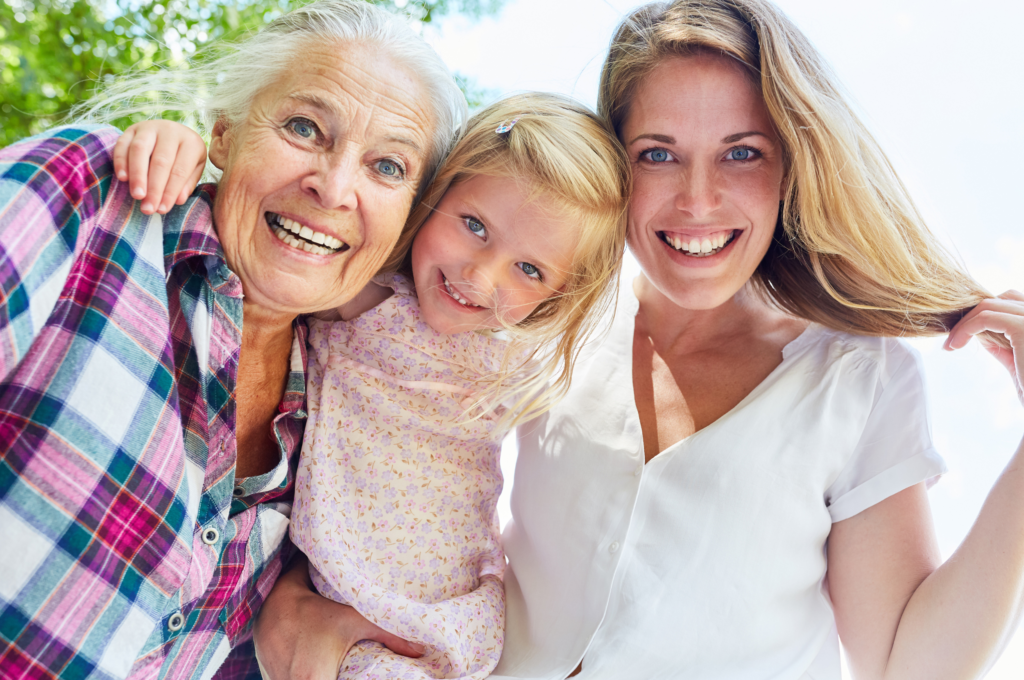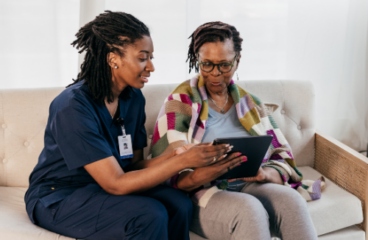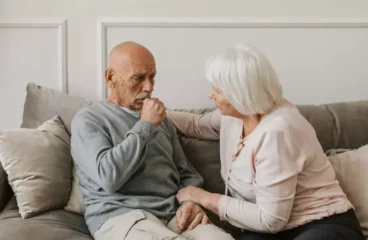Written by Dr. Beth Janser. Caregiving is a cornerstone of societal wellbeing, yet it remains one of the most undervalued and gendered...
Read MoreCaregiving
Why It Matters:
Women are the primary caregivers for children, aging parents, partners, and loved ones—often managing this labor alongside careers and community commitments. This invisible, unpaid work is the foundation of society, yet it remains undervalued and unsupported. The constant juggling of others’ needs can lead to emotional fatigue, financial strain, and stalled personal or professional growth.
Caregiving also takes a mental toll. Many women carry the weight of being “everything to everyone,” leaving little room for rest, joy, or self-care. When policies and workplaces fail to recognize caregiving as essential labor, women bear the consequences in silence—stretching themselves thin to hold everything together.
Supporting caregivers means strengthening families and communities. When we value this work, share responsibilities more equitably, and create systems that support those who give care, we invest not just in women—but in everyone’s well-being.
Caregiving
/ˈkɛərˌɡɪvɪŋ/
NOUN
Providing physical, emotional, or practical support to someone due to age, illness, or disability, often requiring compassion, patience, and dedicated time.
The Caregiving Comparison Trap
Social media often paints an idealized version of caregiving—picture-perfect families, spotless homes, and smiling faces that hide the exhaustion and sacrifice behind the scenes. For women, who already shoulder most caregiving responsibilities, these images can deepen feelings of guilt, inadequacy, and isolation. The constant comparison between “real life” and the curated lives of others adds emotional labor to an already full plate.
By pushing back against unrealistic online expectations, women can begin to reclaim their peace and redefine what good care looks like. True caregiving isn’t about perfection—it’s about presence, compassion, and resilience. When women share honest stories of both the joy and the strain, they give others permission to do the same. Together, we can shift social media from a source of pressure to a platform for truth, support, and collective strength.
Start the Truthful Conversation
Your story matters—and it has the power to change how women see themselves and each other. Share your caregiving journey, your challenges, and your wins online, and tag @EveryWomanAllThings to help shift the conversation from comparison to connection. When we tell the truth about care, we make space for every woman to feel seen, valued, and supported.

Women bringing care with heart and impact.
How Volunteering Helps
Volunteering offers caregivers a meaningful way to reconnect—with themselves, with others, and with a sense of purpose beyond daily responsibilities. It provides space to step outside the demands of care while still nurturing the instinct to help and lead. Within The Junior League and other community organizations, volunteering builds connection and belonging—linking women who understand the challenges of caregiving and who uplift one another through shared service.
Finding an organization to get involved in, whether it’s The Junior League or a local community group, can be a powerful act of self-care. By giving time to others, caregivers rediscover their own strength and see that supporting others can also restore their own well-being.
Jump in and join. Volunteering isn’t just about giving—it’s about growing, healing, and finding yourself again through purpose and community.
Center for Women's Wellbeing: Caregiving
Caregiving can test you, body and soul. It can also unlock a new sense of self
Originally published on NPR.org, written by Kat McGowan. When it was all over, Amanda Cruz felt like a phoenix, a...
Read MoreCare for the Caregiver
Originally published on MHANational.org. There are 91.3 million caregivers across the U.S., and of those, 14.3 million are caring for a...
Read MoreHow the Junior League Is Taking Action
Junior League Members live the realities of women’s well-being every day—balancing careers, caregiving, and community. Because they understand these challenges firsthand, they’re uniquely equipped to lead change.
Through training, awareness, and community partnerships, The Junior League is addressing issues like caregiving inequities, financial insecurity, and the invisible mental load women carry. With national reach and local impact, Leagues are piloting real solutions and influencing systems that better support women’s well-being.
The Junior League turns lived experience into leadership—and compassion into action.



